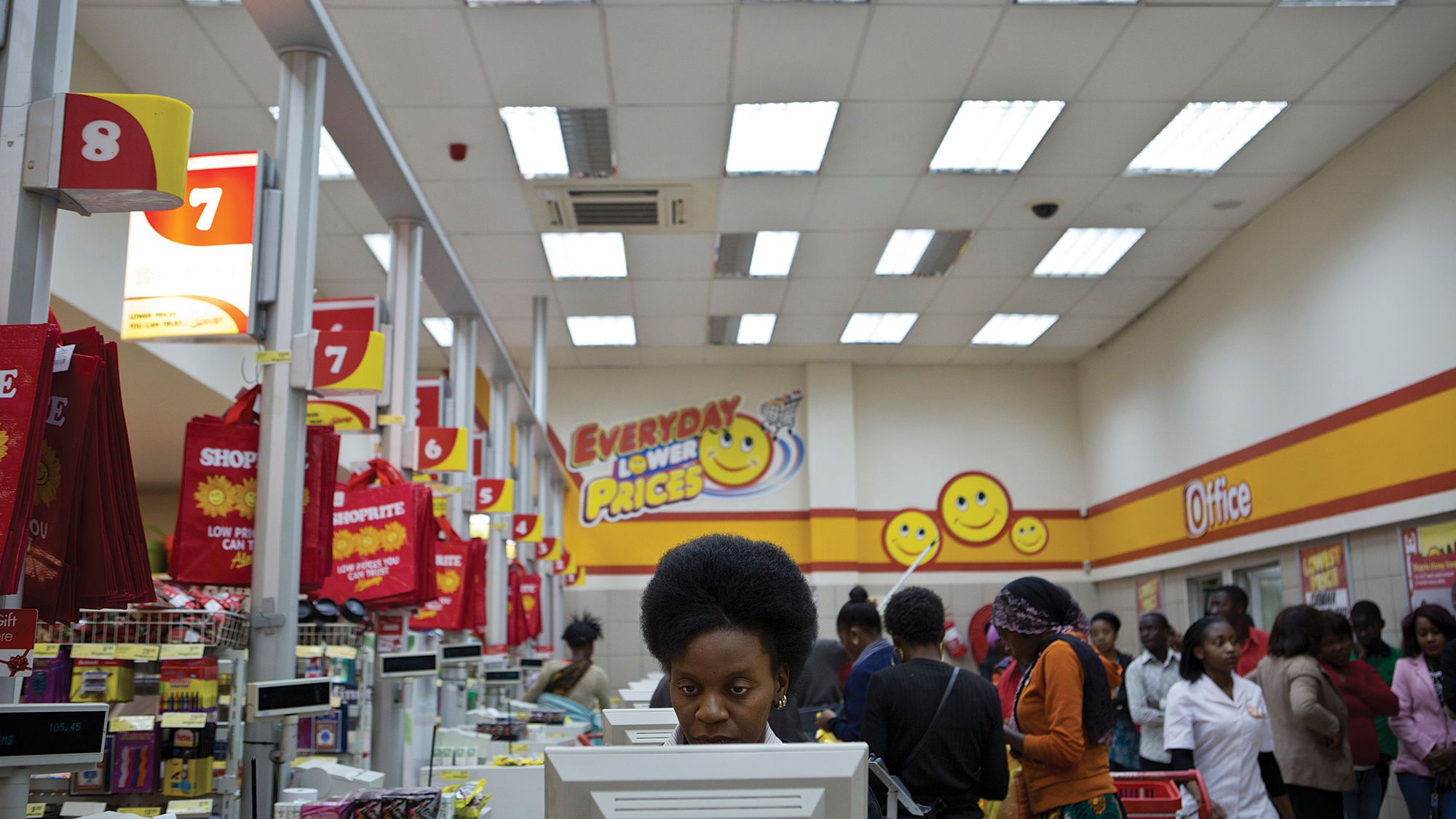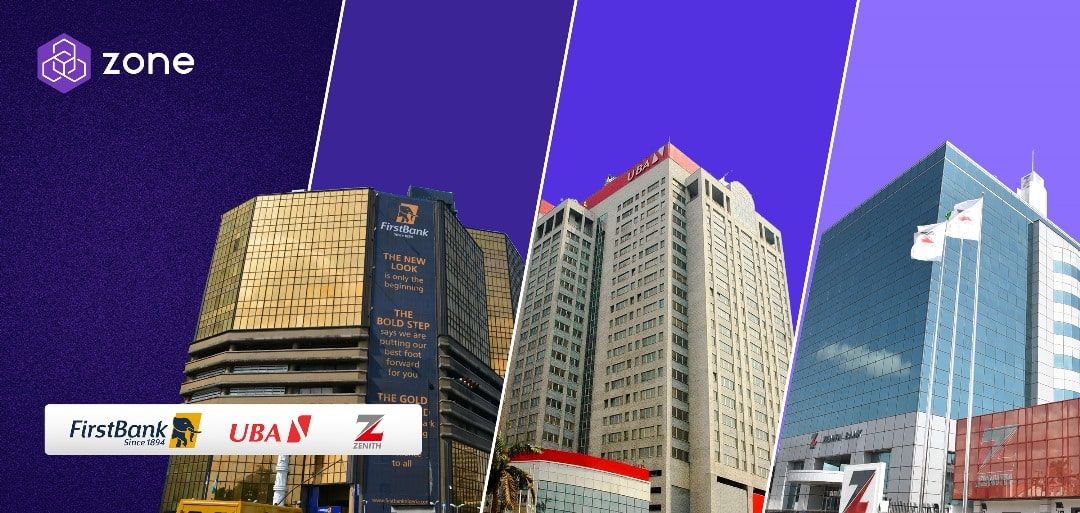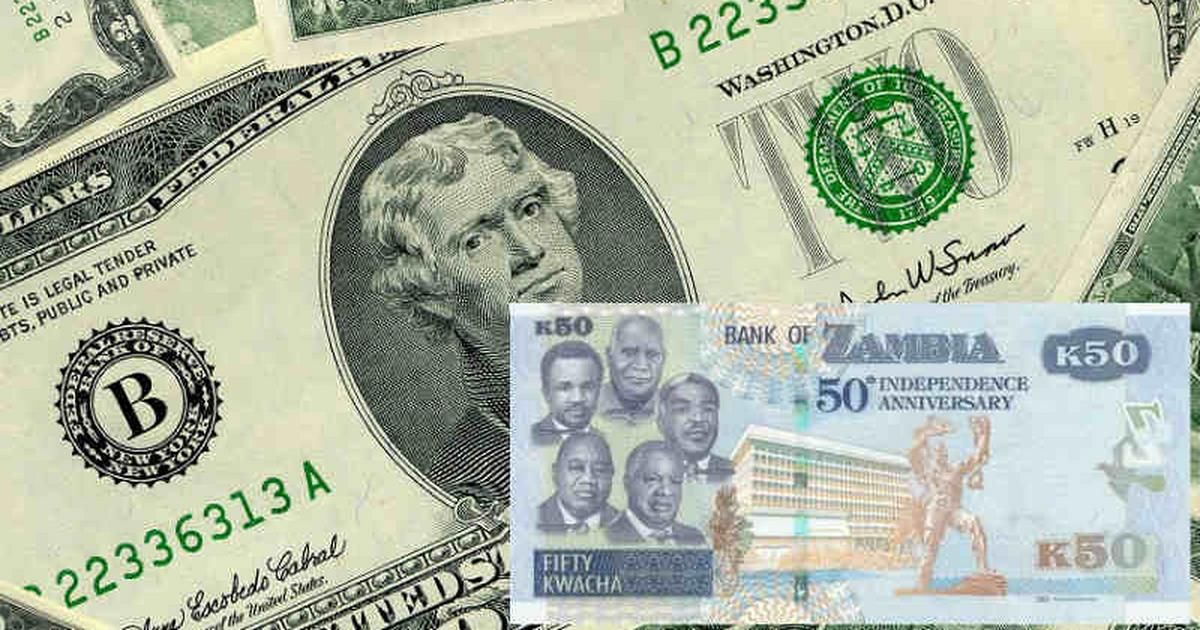The Ghanaian government may have imposed the $1million levy on traders in the country, including Nigeria, due to certain steps taken by Nigerian government to protect the former’s interest.
This was revealed in a statement issued by the Ghana’s Ministry of Information on Sunday. The statement was in reaction to claims by Nigeria's Lai Mohammed of closing of Nigerian-owned shops by Ghanaian authorities and seizure of properties owned by the Nigerian High Commission.

This comes as both countries have traded words over the closure of Nigerian-owned shops in Ghana, with the Ghanaian Foreign Minister citing the border closure policy by President Buhari as affecting the revenues of Ghanaian exporters.
Back story:
The Speaker of Nigeria's House of Reps, Femi Gbajamila stated that the closure of Nigerian shops contravenes ECOWAS trade protocols and called for a decisive solution between both countries.
Nigeria’s Minister of Foreign Affairs, Godfrey Onyeama took matters on by summoning Ghana’s Chargé d’Affaires to Nigeria, Ms. Iva Denoo, to discuss the closure of Nigerian-owned shops in Accra.
Onyeama also met with a delegation from the Nigerian Traders in Ghana to propose steps towards ensuring that the traders get their shops reopened. The delegation of Nigerian traders was led by Mr. Jasper Emenike, the National President of Progressive Ambassadors of Nigeria (PAN) and the organisation’s National Director, Hon. Ruth Ango.
Reacting to the crisis, Ghana’s Foreign Minister, Shirley Ayorkor Botchwey stated that Nigeria’s border closure in 2019 has hurt Ghanaians and nearly bankrupted many Ghanaian businesses after their goods were stuck in the Seme Border for months.
“August 2019 saw Nigeria close its land borders without notice to community trade. Explanation- ‘To stop smuggling and to protect local industries from imported/smuggled rice, etc.’
“Of course, this decision ended up hurting Ghanaian exporters and brought many of them to their knees financially as trucks were stuck at the Seme Krake border for months,” she said.









